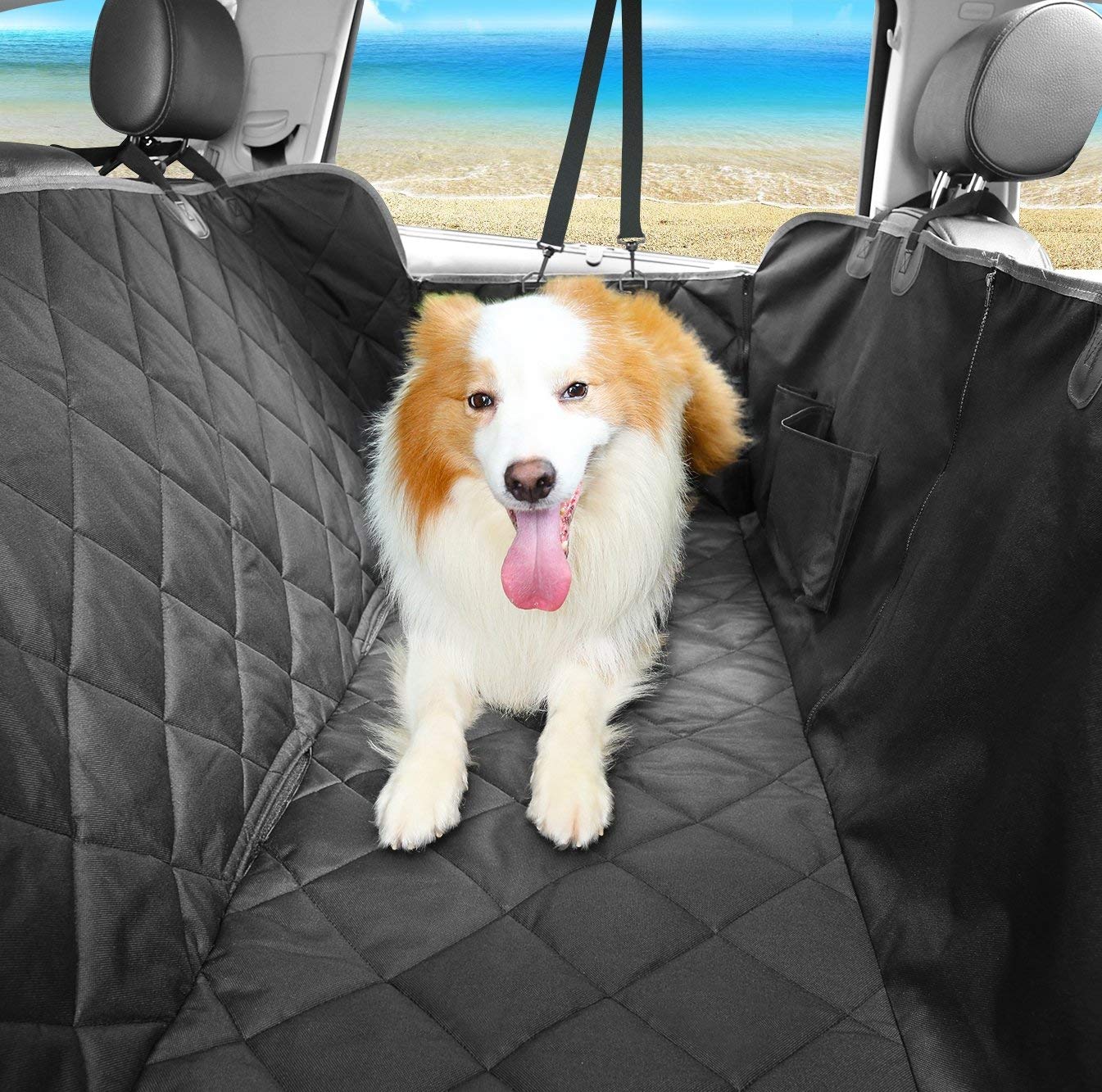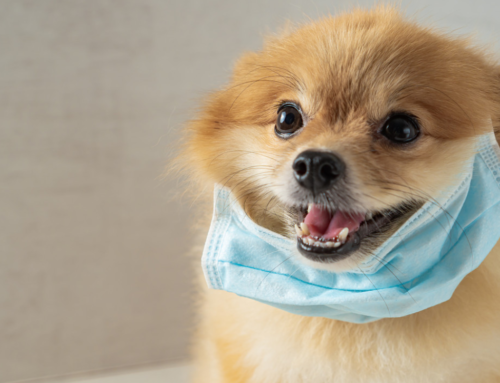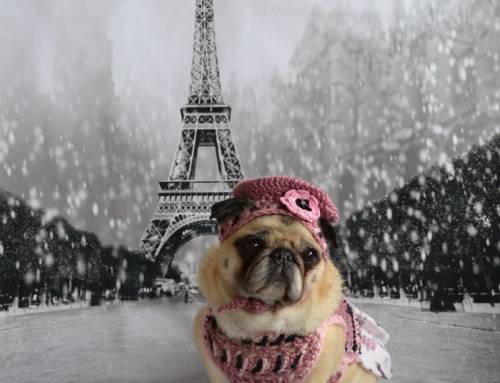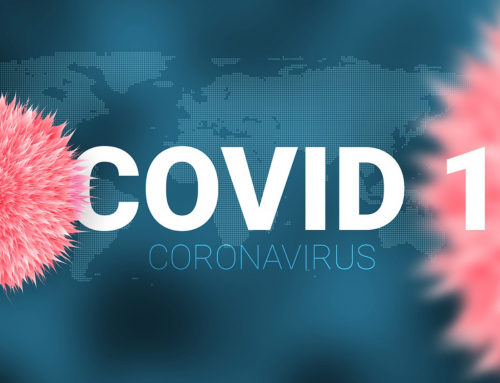The holiday season brings gifts, and for many lucky families, that gift comes in the form of a new furry friend. According to the Animal Humane Society, the months leading up to the winter holidays are some of the most popular for pet adoptions. Many people have entered the new year with a new puppy, some as first-time pet parents. If you’re an inexperienced pet parent, interpreting new puppy behavior can be difficult. What’s the difference between play and aggression? Why is he walking in circles? Why can’t I stop her from eating her own poop? Puppy behaviors are mysterious, but we’ve unpacked a few of the most common to give you peace of mind.
Biting
Most puppies will bite you at some point in their young lives. Nipping is one early form of communication, and it typically happens while playing. This can also happen while training or, well, pretty much anywhere. If you notice your dog nipping frequently, though, do what you can do stop it before it becomes a habit. Puppies don’t have the strength (or teeth) to do serious damage, but that changes when they grow up.
Bad Breath
Most dogs will have unpleasant breath, but if you notice a sudden change or severe odor, visit the veterinarian. Bad breath could indicate that something is wrong with your dog’s oral health, but it could also be a sign of gastrointestinal distress. Your vet should be able to determine the cause with a few quick tests.
Scooting
Most people have seen a dog scooting his butt across the floor. It can seem funny, but it’s often cause for concern. When this happens, it means that something is irritating the dog’s anus. The anal sacs may be full and need expressing, or they could have an allergy, worms, or constipation. Keep an eye on your puppy if you see this behavior, and take them to the veterinarian if it happens more than once.
Circling
Most puppies will chase their tails from time to time, but constant walking in circles may indicate a health issue. Ear infections may cause circling. If your puppy seems to be wandering in a circle rather than chasing after its tail, schedule a vet visit.
Eating Poop
All animals have behaviors we find disgusting, and this is one of the more common. Most puppies will be interested in poop, whether its their own or another animal’s found in the street. Dogs eat feces for several reasons. It could be a habit picked up from the mother. It could be curiosity. In some cases, though, eating poop can indicate a nutritional deficiency. Check your puppy’s food intake.




